Sweet fruit, potential and room for cooperation
Speaking at the opening of the workshop, President of the Vietnam Academy of Social Sciences Phan Chi Hieu said that the Vietnam-Mexico relationship has developed strongly since the two countries established diplomatic relations in 1975. This relationship is built on the foundation of sincere friendship, political trust and mutual support at international forums such as the United Nations, the Asia-Pacific Economic Cooperation Forum (APEC)...
The two countries maintain a political consultation mechanism at the deputy ministerial level, cooperate in the fields of defense, peacekeeping , transnational crime prevention, defense industry...
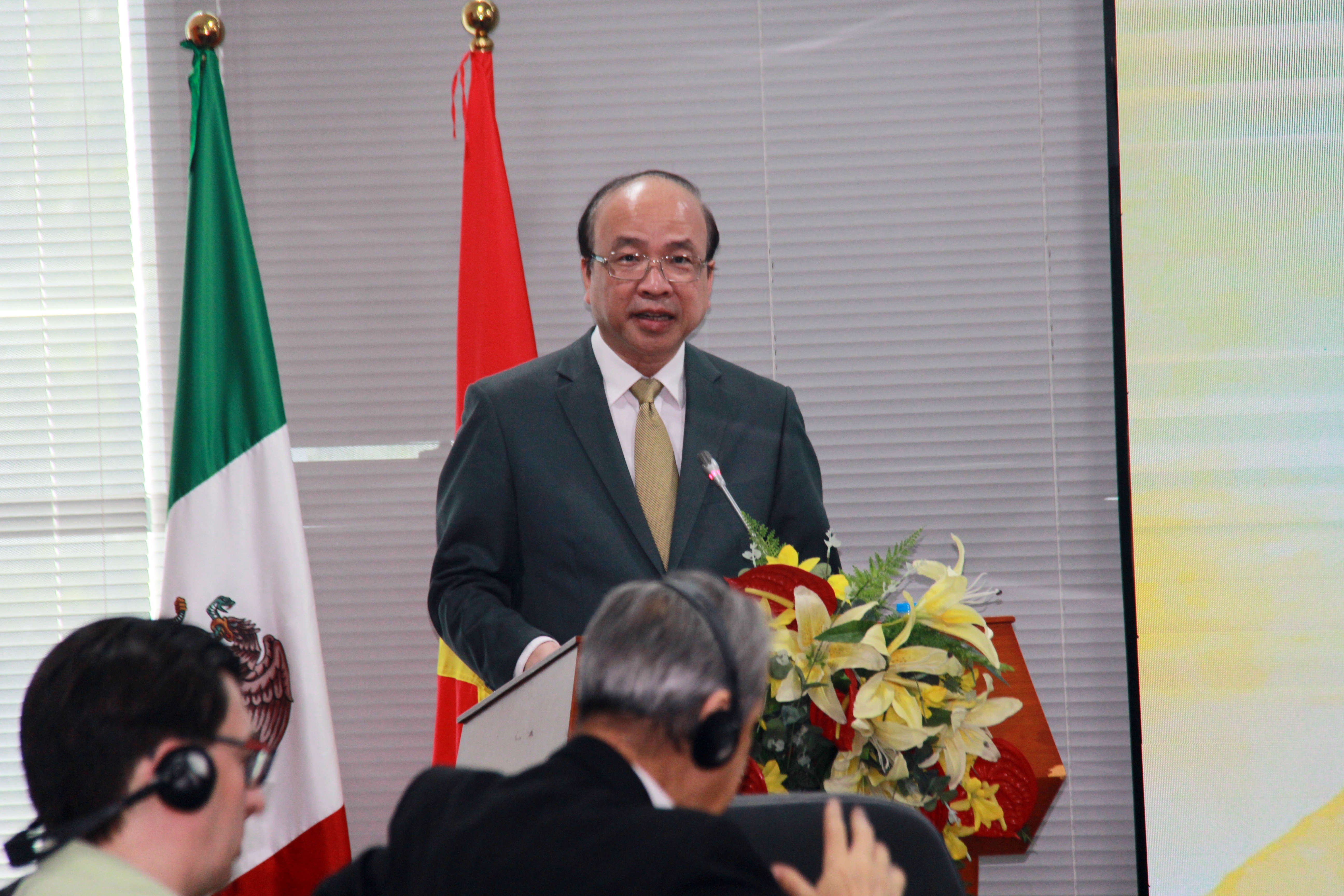 |
| President of the Vietnam Academy of Social Sciences Phan Chi Hieu speaks at the Workshop. (Photo: Thanh Luan) |
Notably, bilateral trade turnover has continuously grown positively. Mexico is currently one of Vietnam's largest trading partners in Latin America. Both countries are members of the Comprehensive and Progressive Agreement for Trans-Pacific Partnership (CPTPP), creating an important foundation to promote free trade and sustainable development.
In addition, cooperation in the fields of culture, education and people-to-people exchange is also focused on and increasingly deepened, contributing to strengthening the friendly relations and mutual understanding between the two countries.
Despite many positive results, speakers at the conference agreed that Vietnam-Mexico relations are still not commensurate with their current potential, especially in the fields of trade, investment, science and technology, education and tourism.
According to Vietnamese Ambassador to Mexico Nguyen Van Hai, bilateral trade has doubled over the past five years. According to Mexican figures, in 2024, two-way trade will reach about 15 billion USD, up 27.5% compared to 2023. However, he said that economic, trade and investment relations between the two countries do not yet reflect the true size of the market and potential for cooperation. Areas such as telecommunications, high-tech agriculture and high value-added industry still have much room for development.
The Ambassador affirmed that the Vietnamese Embassy in Mexico will continue to act as a reliable bridge, accompanying businesses in the process of accessing and expanding the market, especially in the year celebrating the 50th anniversary of the establishment of diplomatic relations between the two countries.
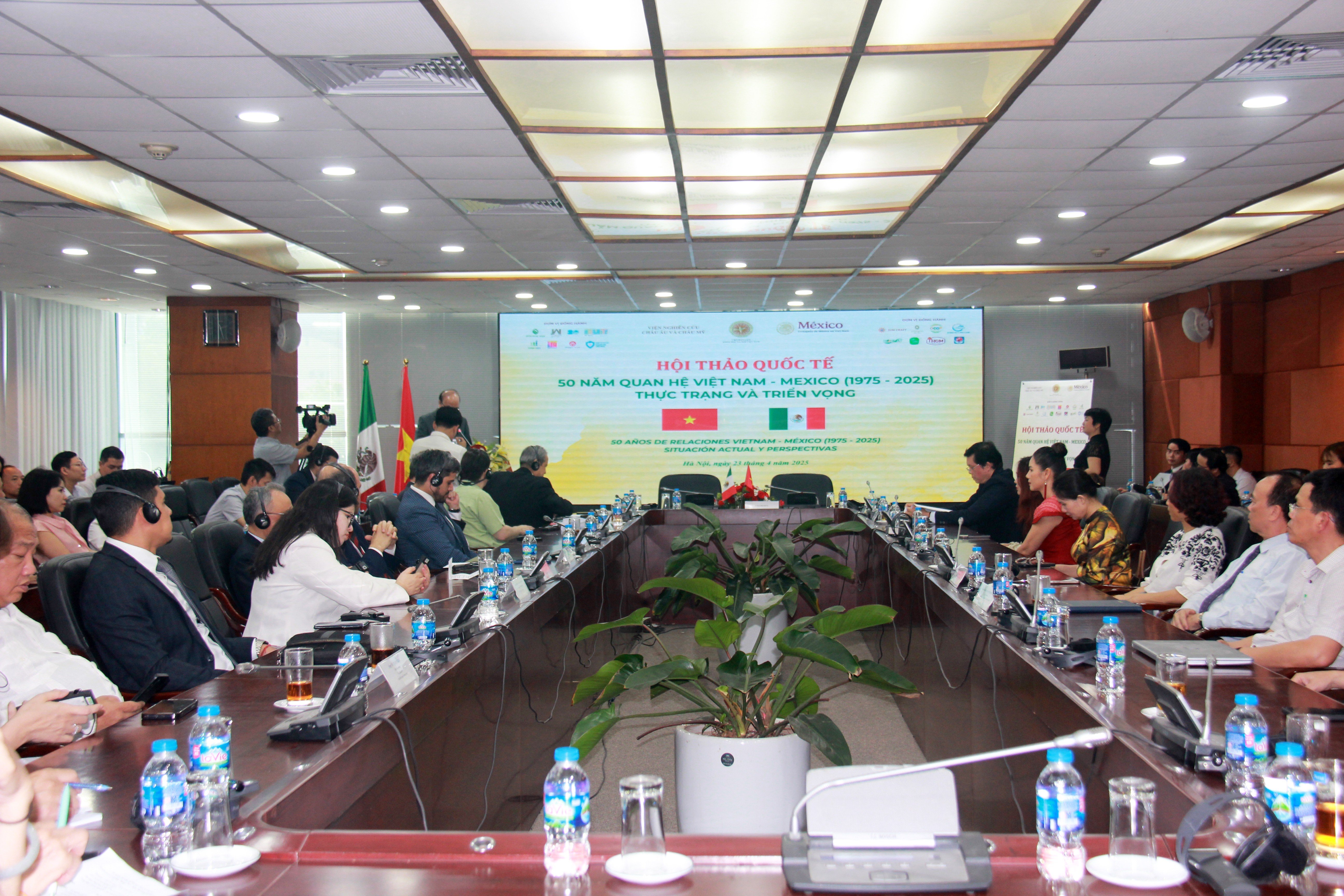 |
| International conference "50 years of Vietnam - Mexico relations: Current situation and prospects". (Photo: Thanh Luan) |
Mr. Fernando Gonzalez Saiffe, Director General of the Asia-Pacific Department (Mexico's Ministry of Foreign Affairs), expressed his desire to increase the presence of Mexican businesses in Vietnam. He emphasized potential areas such as agriculture, renewable energy, digitalization, technological innovation and tourism. Mexico also wants to learn from Vietnam's experience in poverty reduction and promoting social equality. He affirmed that Vietnam is one of Mexico's most important partners in Southeast Asia, and developing a more strategic and dynamic relationship with Vietnam is one of Mexico's priorities.
Associate Professor Dr. Cu Chi Loi, former Director of the Institute for American Studies, pointed out that the two countries have many similarities in political vision, trade policy and international issues of common concern, especially relations with major countries. He also noted a number of barriers that need to be removed such as high tariffs, anti-dumping investigations, lack of market information and cultural and language differences.
Experts and businesses offer advice to promote cooperation
At the workshop, Mexican Ambassador to Vietnam Alejandro Negrin Munoz introduced President Claudia Sheinbaum's Mexico Plan, which sets out many ambitious goals such as: bringing Mexico into the group of 10 major economies; being one of the 5 most visited countries in the world; developing 100 new industrial zones in the next 6 years; achieving a localization rate of 37%-50% in finished products; becoming one of the top 10 countries in the world in terms of aerospace production value...
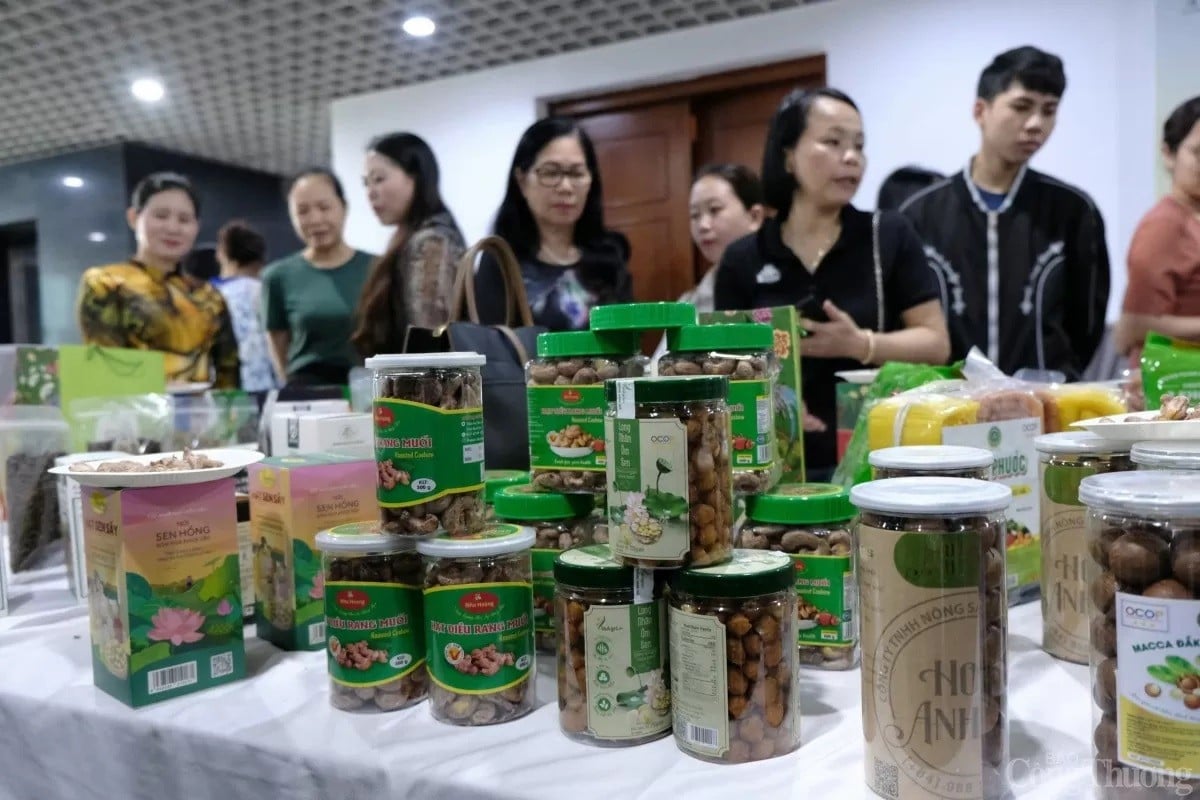 |
| Vietnamese agricultural products on display at the conference. (Photo: Industry and Trade Newspaper) |
According to the Ambassador, to realize the potential of bilateral relations, the two countries need a more structured legal framework and political dialogue. Currently, the two sides are negotiating at least eight bilateral agreements, which are expected to create a sustainable foundation for future cooperation.
Associate Professor Dr. Nguyen Chien Thang, Director of the Institute for European and American Studies, commented that the two countries have many things in common and potential for cooperation to promote new growth drivers, based on technological breakthroughs and innovation. Vietnam is currently entering a new era, an era of strong and prosperous development of the country. Meanwhile, Mexico is also building an ambitious development plan in economics, technology, training, etc. This is the basis for the two sides to expand cooperation in many fields.
From a business perspective, Mr. Nguyen Tuong Lan, Director of ITA Travel Company, proposed a number of practical solutions such as: opening direct flights, simplifying visa procedures, promoting tourism communications and organizing bilateral cultural exchange events. According to him, these factors will create favorable conditions for people of the two countries to approach and understand each other, thereby promoting cooperation at a higher level.
Many businesses attending the workshop also proposed that the Vietnamese Embassy in Mexico, the Mexican Embassy in Vietnam, and the Institute for European and American Studies strengthen their role in connecting and sharing market information, especially in trade promotion and supporting the export of goods to Mexico.
Source: https://thoidai.com.vn/viet-nam-mexico-cung-co-nen-tang-huu-nghi-thuc-day-hop-tac-thuc-chat-hon-212928.html




![[Photo] President Luong Cuong presents the 40-year Party membership badge to Chief of the Office of the President Le Khanh Hai](https://vphoto.vietnam.vn/thumb/1200x675/vietnam/resource/IMAGE/2025/5/19/a22bc55dd7bf4a2ab7e3958d32282c15)
![[Photo] General Secretary To Lam attends the conference to review 10 years of implementing Directive No. 05 of the Politburo and evaluate the results of implementing Regulation No. 09 of the Central Public Security Party Committee.](https://vphoto.vietnam.vn/thumb/1200x675/vietnam/resource/IMAGE/2025/5/19/2f44458c655a4403acd7929dbbfa5039)
![[Photo] Panorama of the Opening Ceremony of the 43rd Nhan Dan Newspaper National Table Tennis Championship](https://vphoto.vietnam.vn/thumb/1200x675/vietnam/resource/IMAGE/2025/5/19/5e22950340b941309280448198bcf1d9)
![[Photo] Close-up of Tang Long Bridge, Thu Duc City after repairing rutting](https://vphoto.vietnam.vn/thumb/1200x675/vietnam/resource/IMAGE/2025/5/19/086736d9d11f43198f5bd8d78df9bd41)
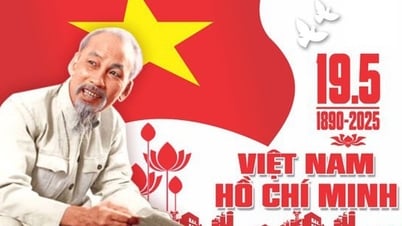

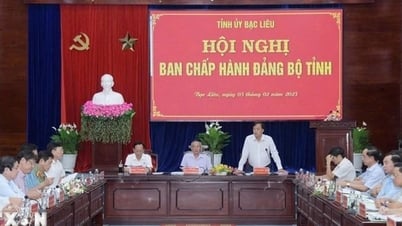
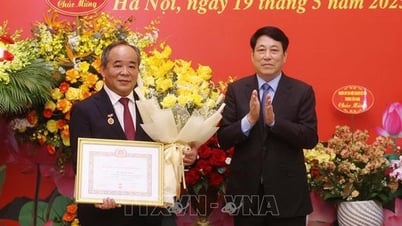
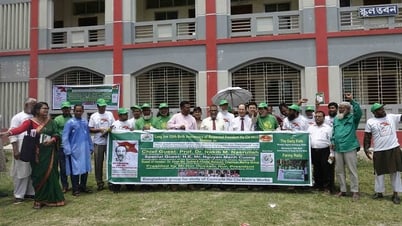

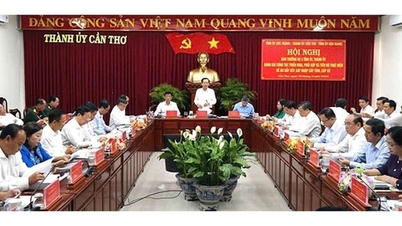
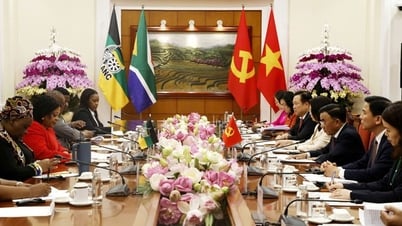




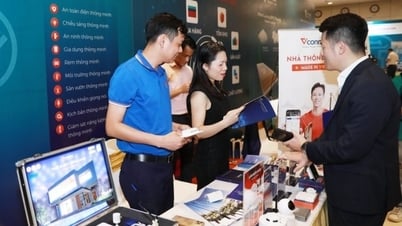
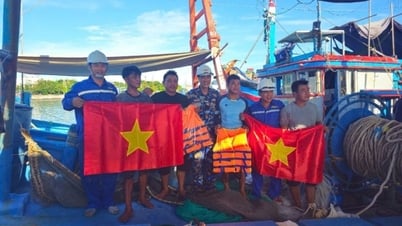
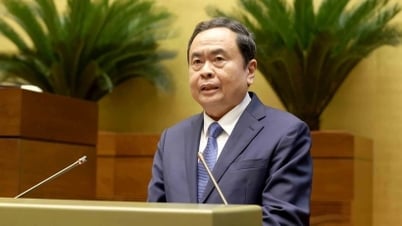
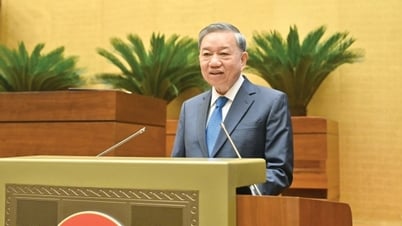
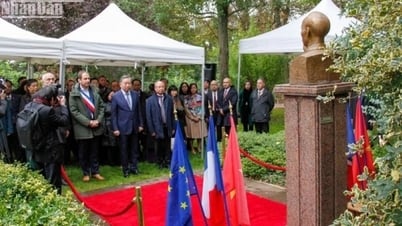
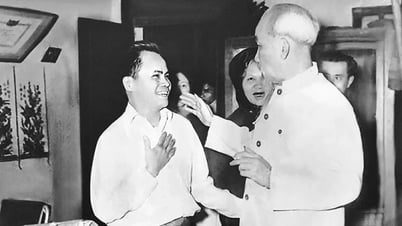
![[Photo] Prime Minister Pham Minh Chinh inspects the progress of the National Exhibition and Fair Center project](https://vphoto.vietnam.vn/thumb/1200x675/vietnam/resource/IMAGE/2025/5/19/35189ac8807140d897ad2b7d2583fbae)














































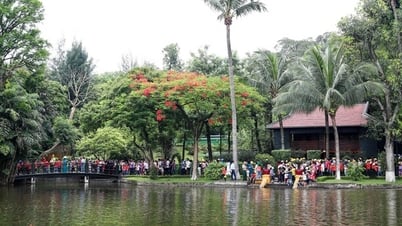

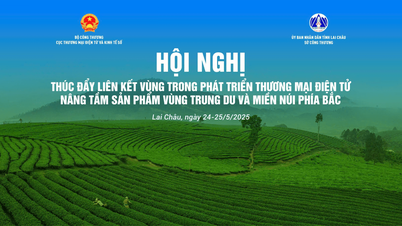
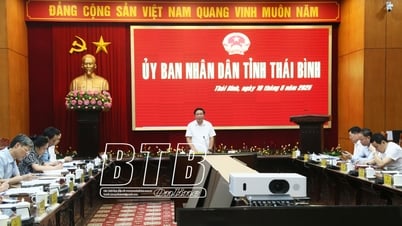

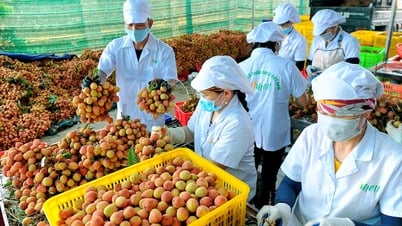

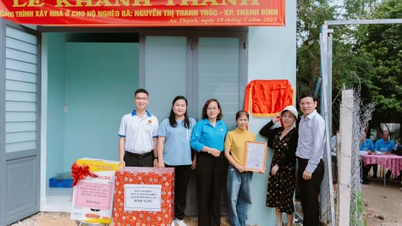



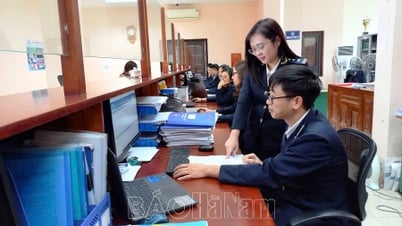

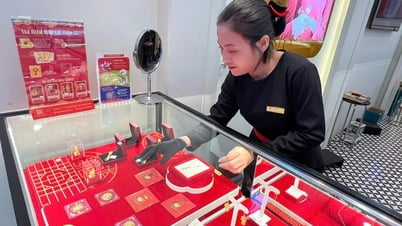




![[VIDEO] - Enhancing the value of Quang Nam OCOP products through trade connections](https://vphoto.vietnam.vn/thumb/402x226/vietnam/resource/IMAGE/2025/5/17/5be5b5fff1f14914986fad159097a677)





Comment (0)